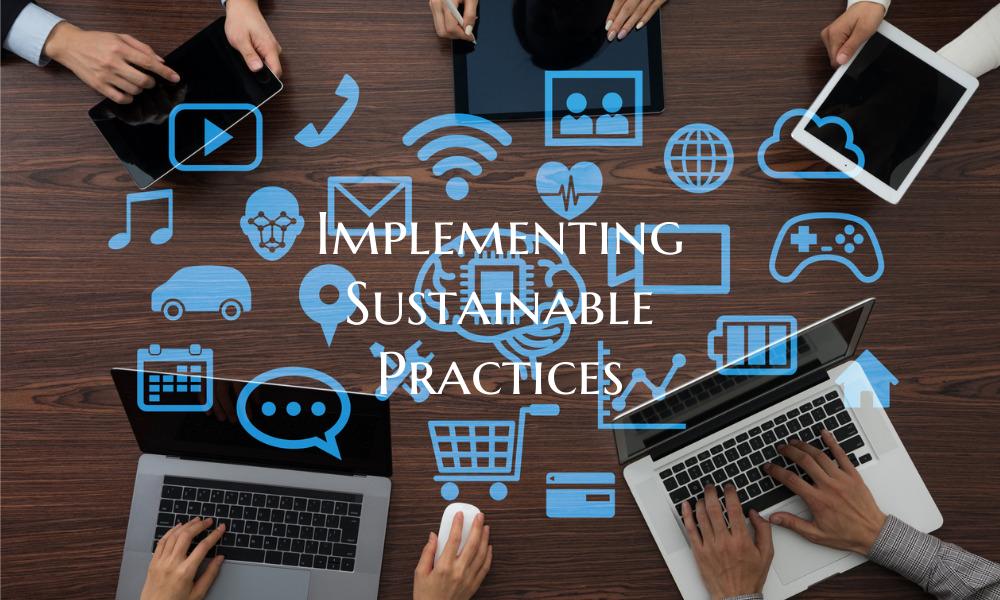Implementing Sustainable Practices
In today's world, the importance of sustainability has never been more evident. As individuals and organizations around the globe become increasingly aware of the environmental and social impact of their actions, implementing sustainable practices has emerged as a necessary step towards a better future.
Sustainability can be defined as meeting the needs of the present without compromising the ability of future generations to meet their own needs. This principle underlies the concept of sustainable practices, which aim to minimize our consumption of resources, reduce waste, and promote long-term environmental and social well-being.
Implementing sustainable practices involves making conscious choices in all aspects of our lives, from the products we buy to the businesses we support. This can mean opting for reusable products over single-use items, choosing energy-efficient appliances, or supporting companies that prioritize ethical sourcing and production.
In a business context, implementing sustainable practices can have far-reaching benefits. Not only does it contribute to a healthier planet and society, but it can also lead to cost savings, improved brand reputation, and increased customer loyalty. By engaging in sustainable practices, businesses can differentiate themselves in a competitive market, attract environmentally-conscious consumers, and build resilience in the face of a changing climate.
One key aspect of implementing sustainable practices is measuring and monitoring progress. This involves setting clear goals, tracking performance, and regularly reviewing practices to identify areas for improvement. By collecting data on resource use, waste generation, and emissions, organizations can identify opportunities to reduce their environmental footprint and increase efficiency.
Collaboration is another important component of implementing sustainable practices. By partnering with suppliers, customers, and other stakeholders, businesses can work together to address sustainability challenges and drive positive change throughout the supply chain. Through partnerships and collective action, organizations can amplify their impact and create a more sustainable future for all.
In conclusion, implementing sustainable practices is crucial for creating a more sustainable world for present and future generations. Whether at an individual or organizational level, embracing sustainability can lead to positive outcomes for the environment, society, and the economy. By making conscious choices, measuring progress, and collaborating with others, we can all contribute to a more sustainable and prosperous future.

